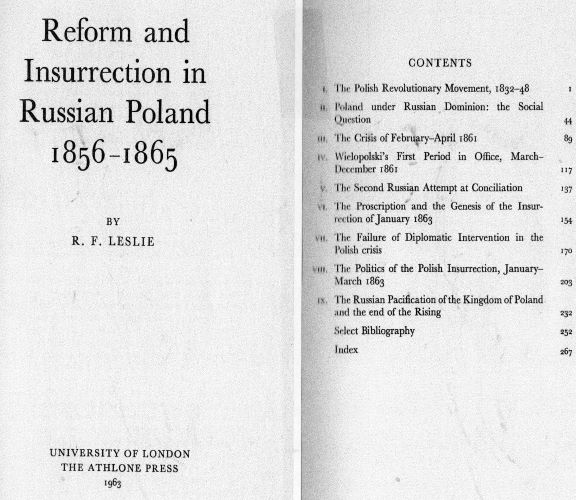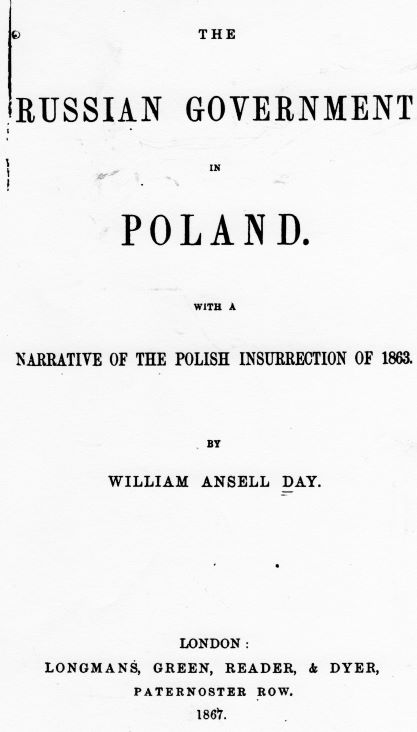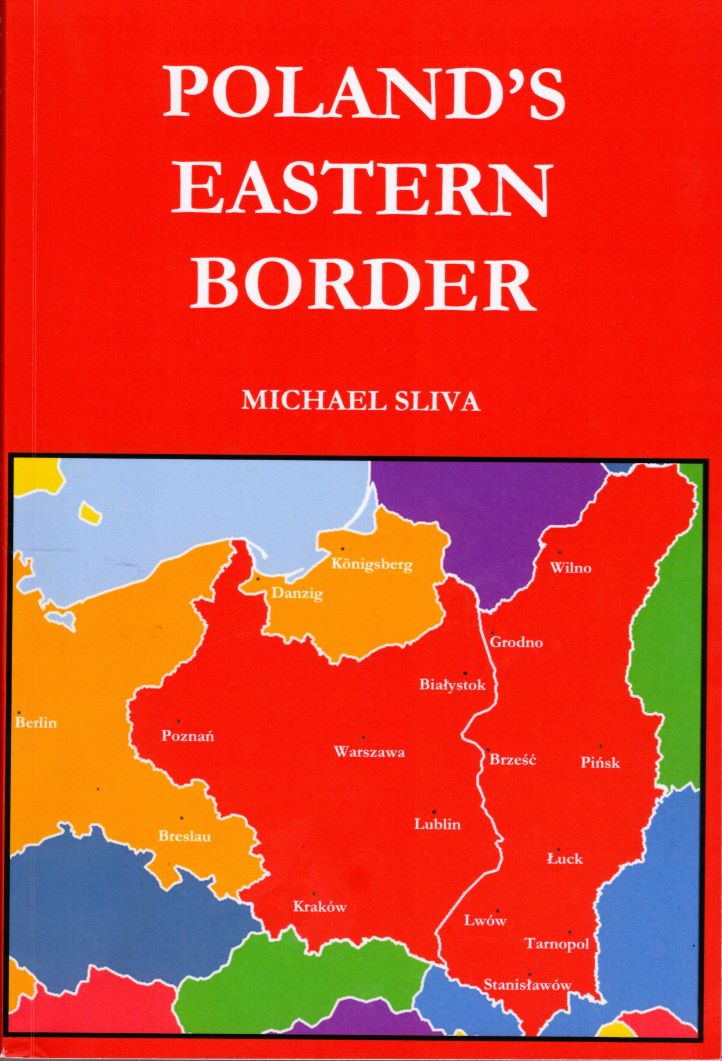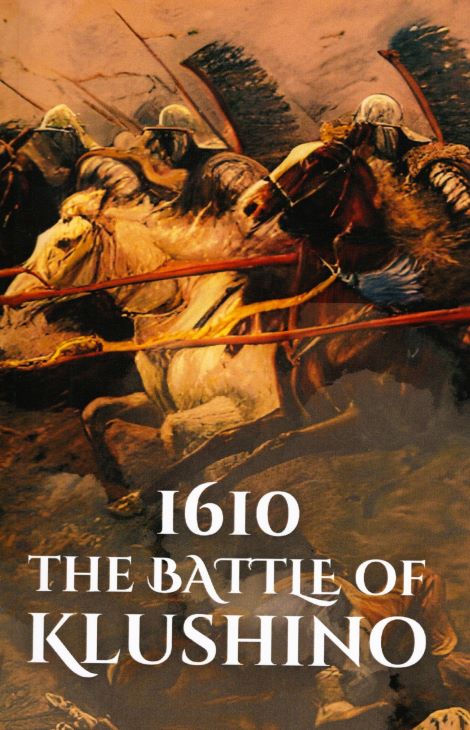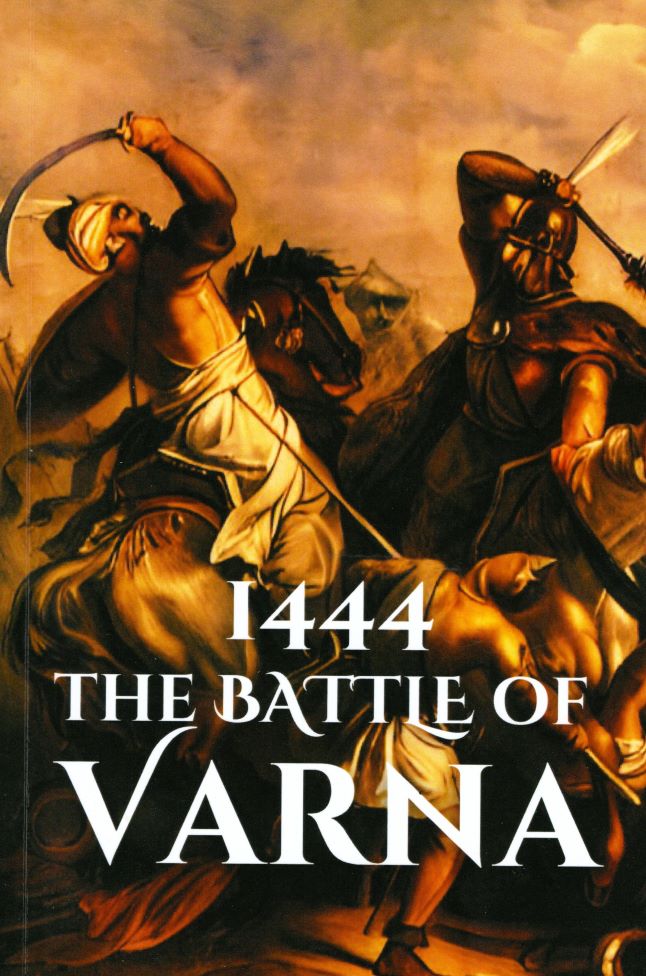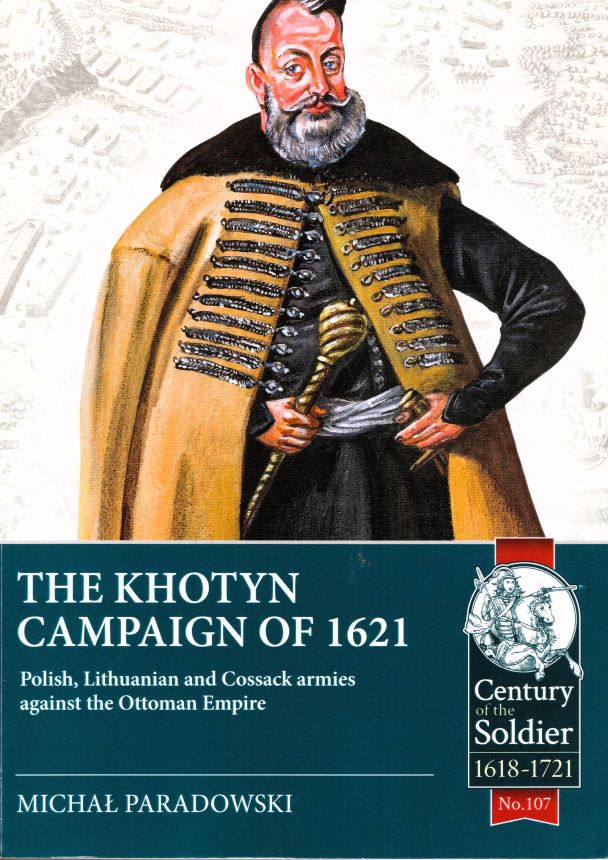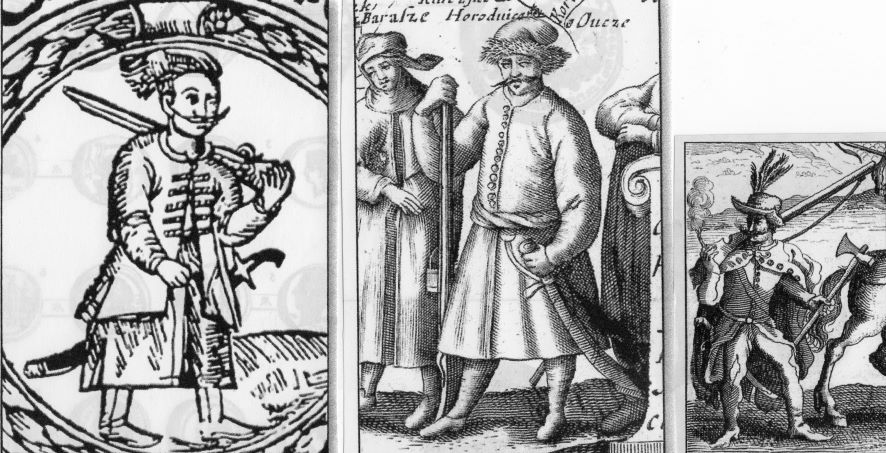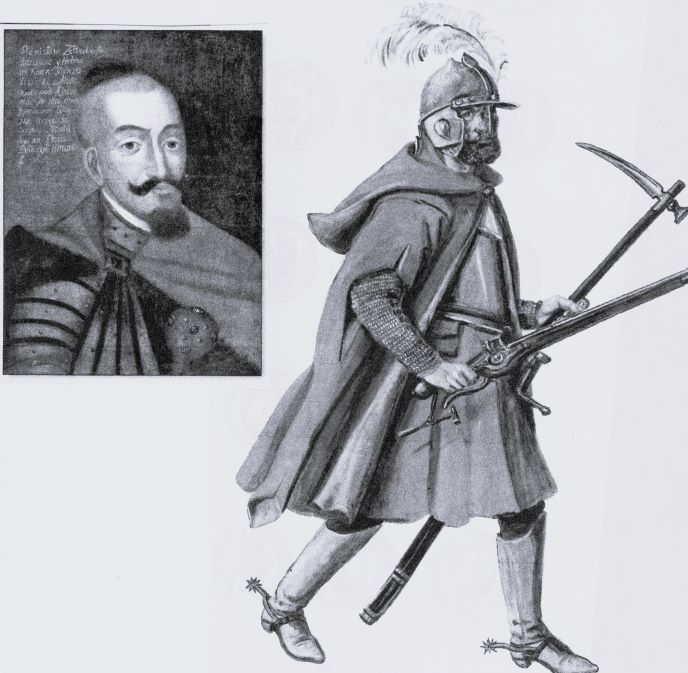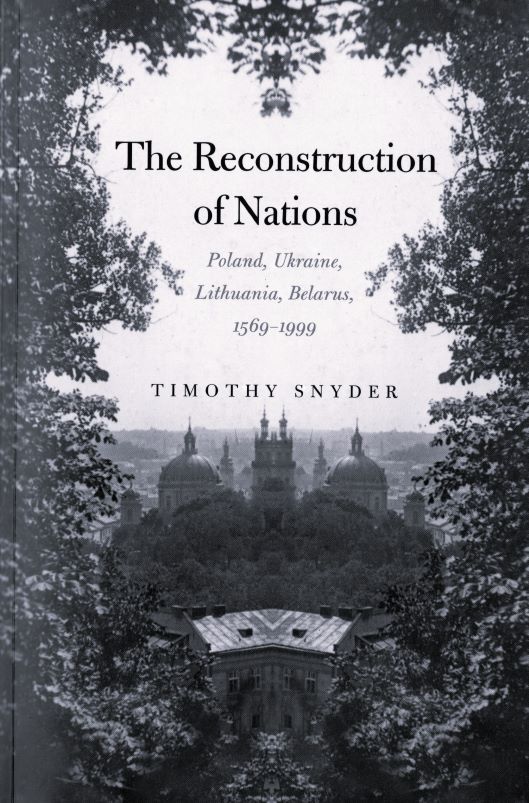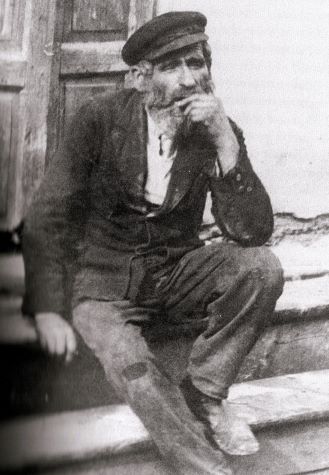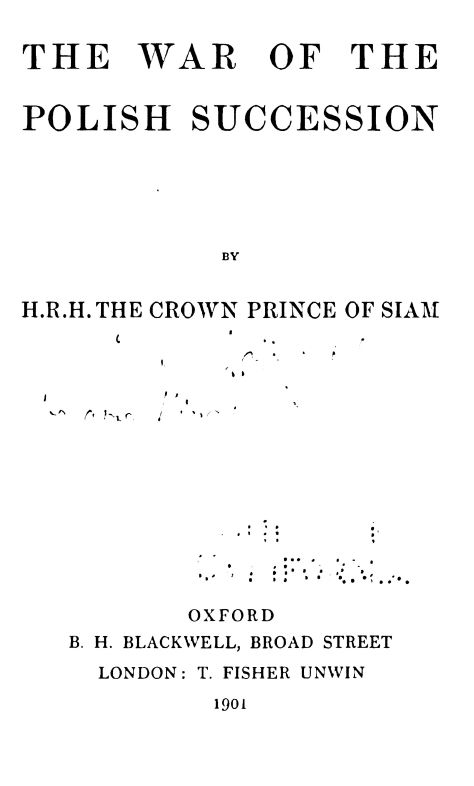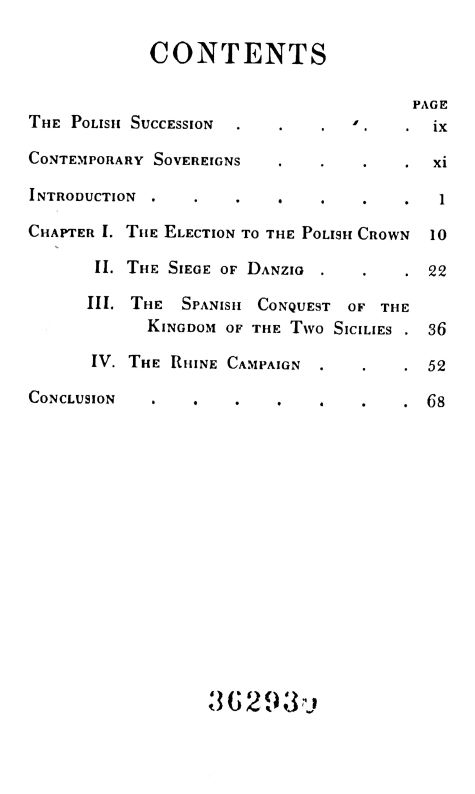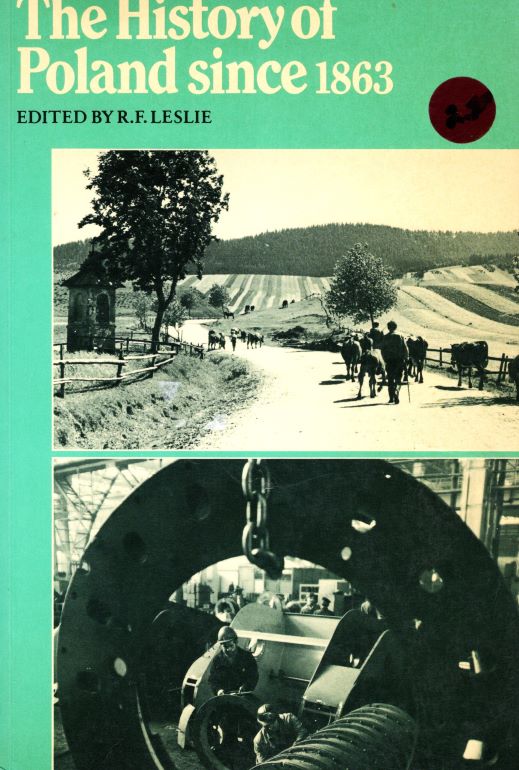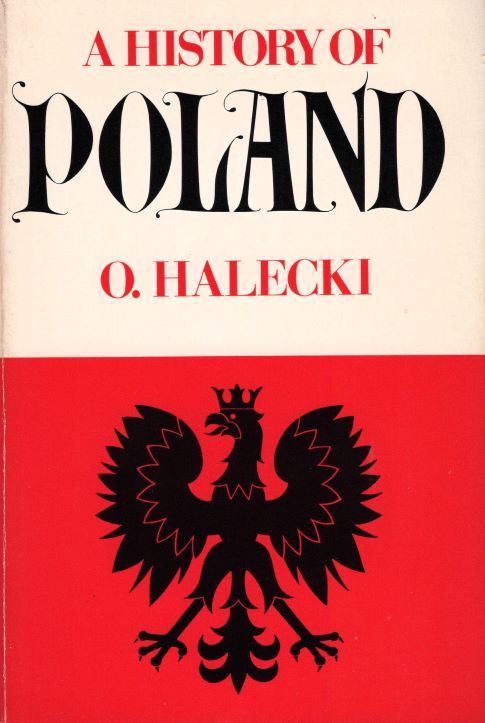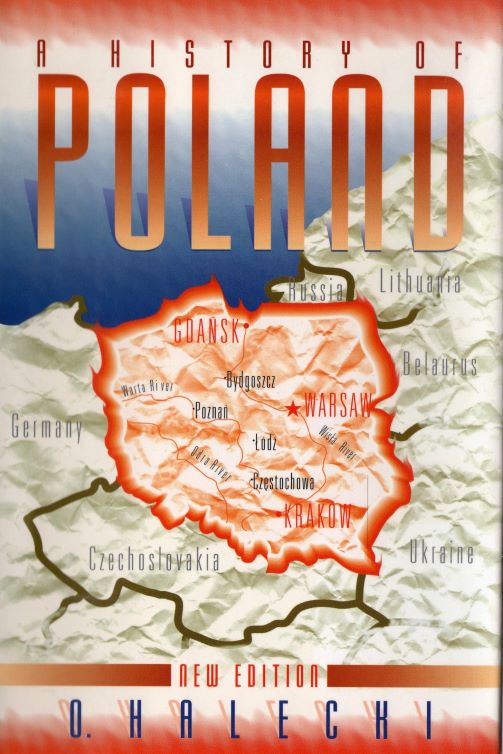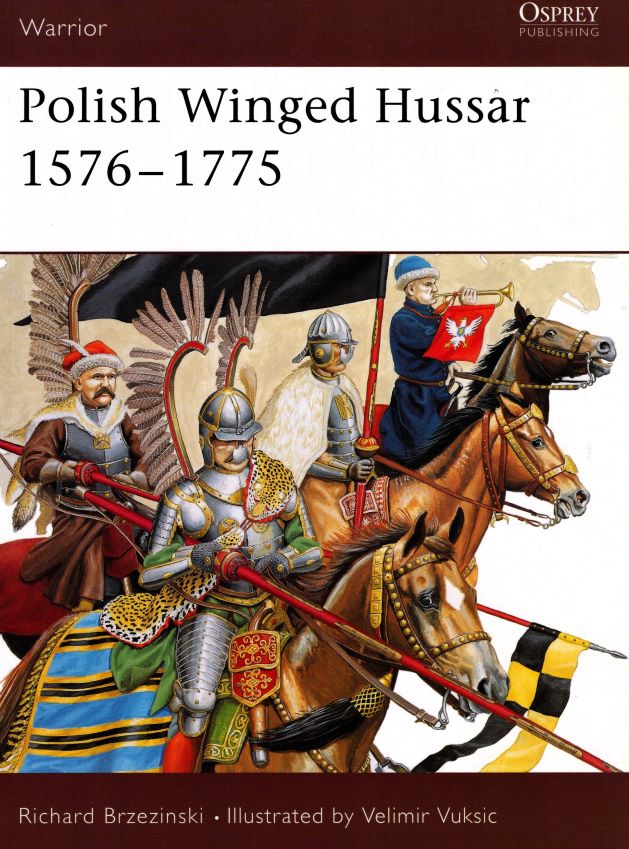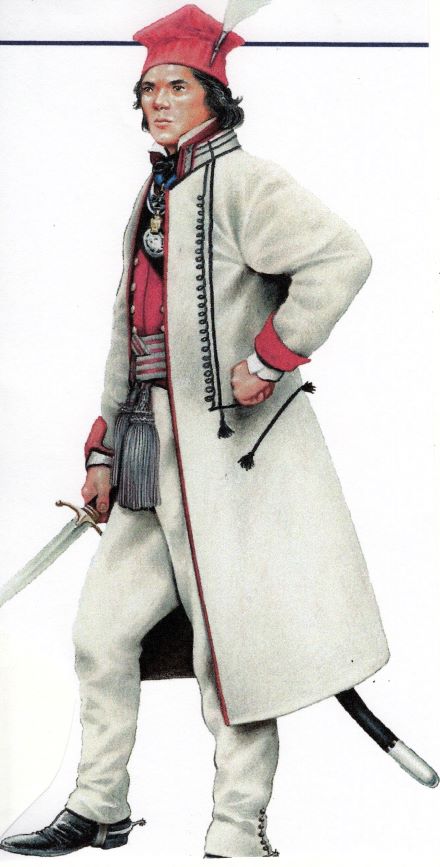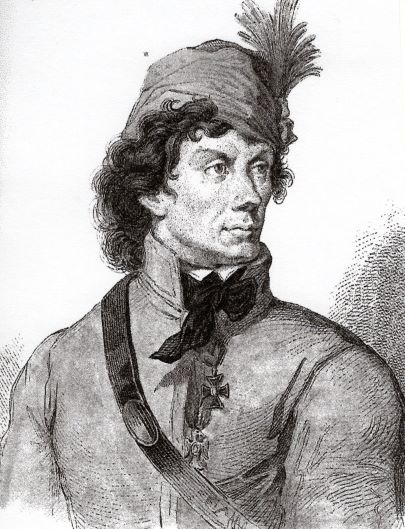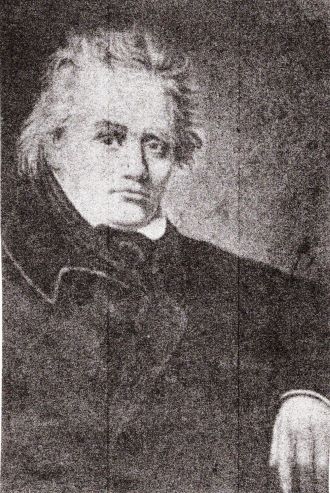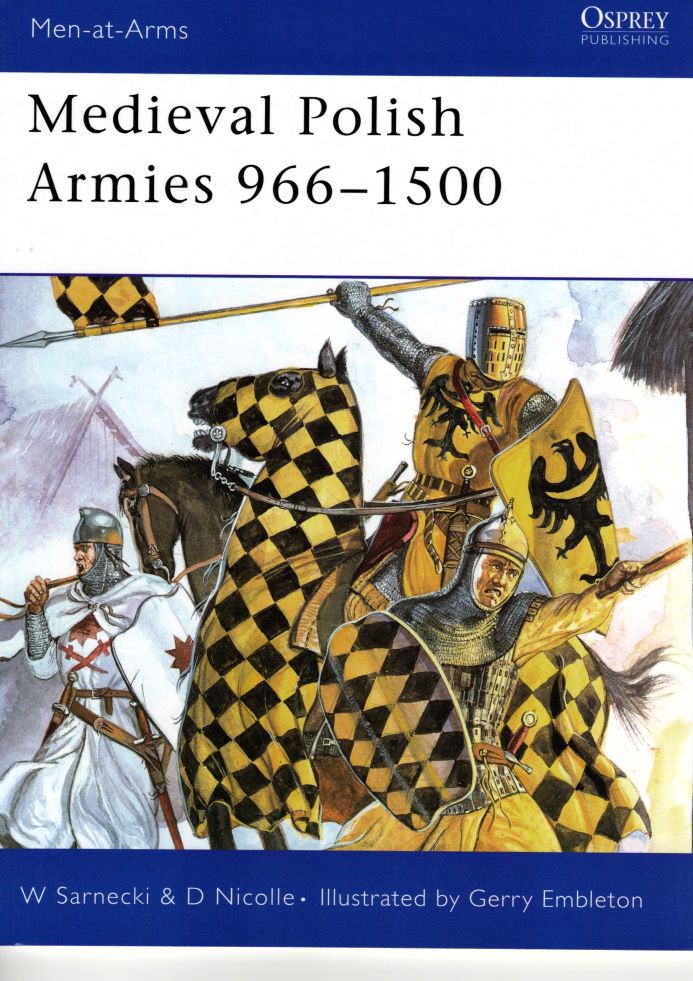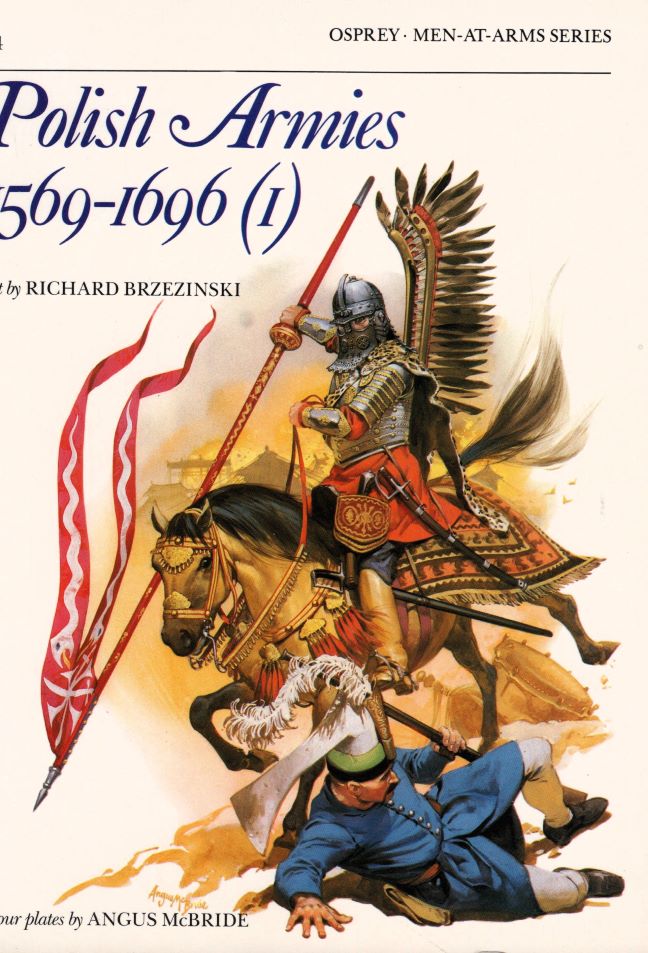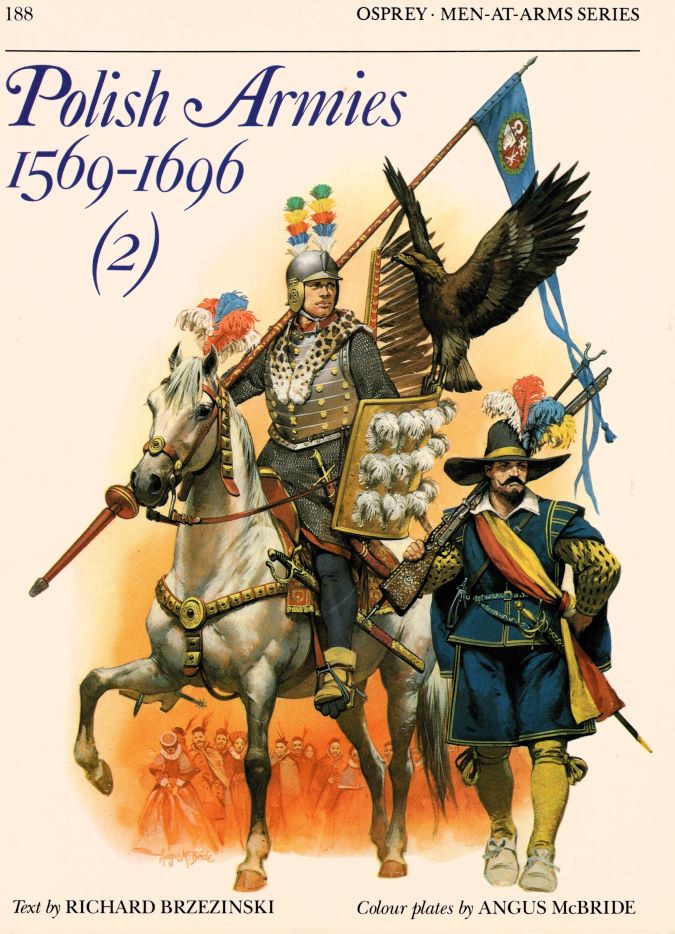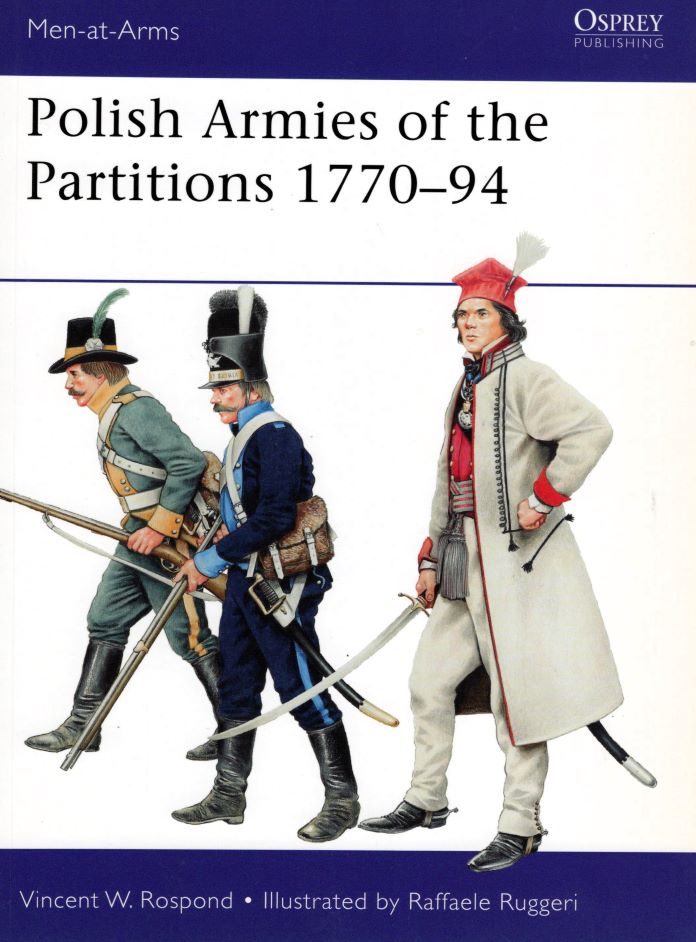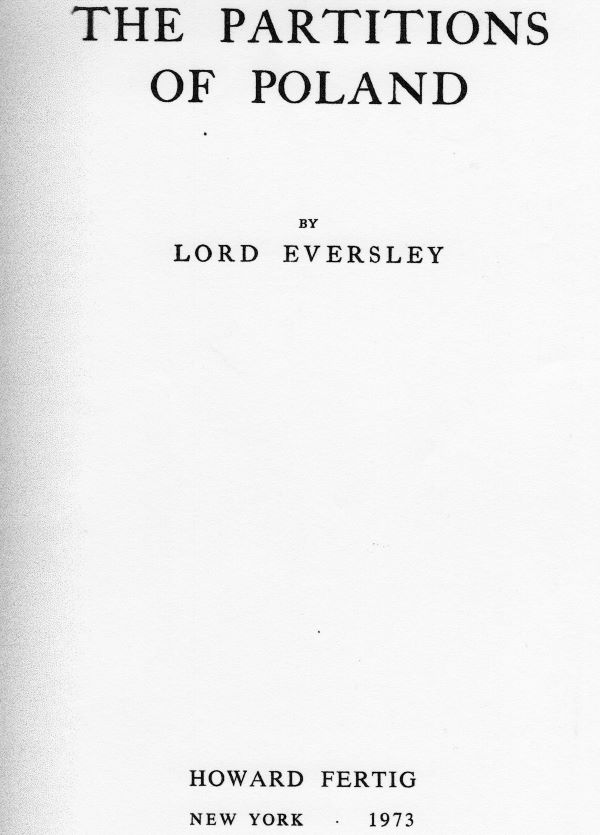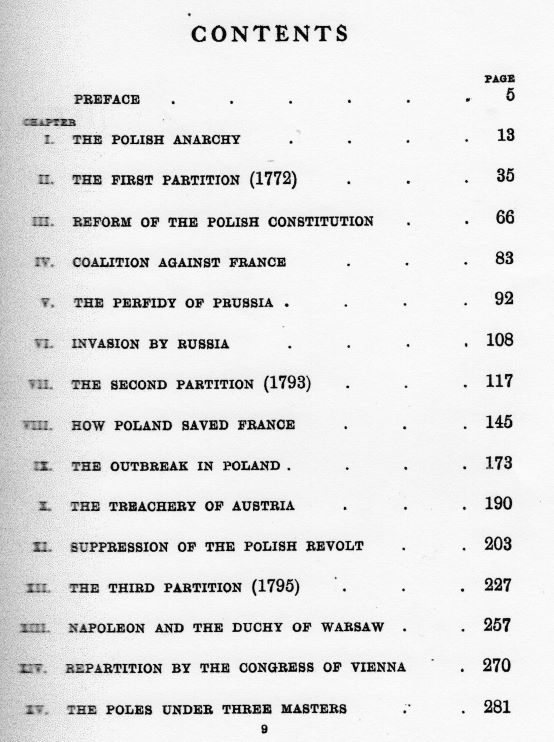marion kanawha
1 Jul 2024
History / Poland's January Uprisings of 1863 [86]
I'm very interested in the January Uprising because I believe it affected one side of my family. I'm pretty sure in 1850 they were serfs. The generation I could remember talking to were born in the 1880s. unfortunately I was too young and didn't ask questions. The reason my grandparents came to the USA was because they were only hired farm hands. But my grandmother's older brother owned property. He left that property (and his whole family) and also came to the USA. I think he got land because of the 1863 uprising.
The info about this uprising in English is very scarce. The events leading up to it are very confusing.
I know the following sporadic details:
1.)It was being planned for a long time.
2.)The real reason for the unrest was agrarian and social reform amongst the Polish landlords and magnates under the watchful eyes of the Russian overlords.
3.)Reforms were coming from Aleander II anyway and it seems the Polish landowners did not have a plan to synchronize their reforms with the upcoming czarist reforms.
4.)There was another, more radical group. They were the instigators of the uprising. These radicals were allowed back into Poland after Nicholas I died.
5.)The unplanned event was the "conscription crisis" where hotheads ran amok without any leadership or a plan.
I'm still struggling to figure out more of the details. In this thread it is mentioned if Poland's uprisings were worth the bloodshed. I have to admit this 1863 rebellion seems to be a badly bungled fiasco! Whatever aims they had were totally unrealistic fantasy, i.e. go back to 1772 for example.
So to me it was a question of who was going to lead the way for agrarian/social reforms: the Polish or the czar and his admins. Each was trying to undermine the other. What stands out is that the Polish landowners did not want to budge concerning serf labor. Times were changing but if they had their way they would be content with ongoing slave labor. They argued and dickered around too long. The Russians started to take the initiative.
Your thoughts?
I'm very interested in the January Uprising because I believe it affected one side of my family. I'm pretty sure in 1850 they were serfs. The generation I could remember talking to were born in the 1880s. unfortunately I was too young and didn't ask questions. The reason my grandparents came to the USA was because they were only hired farm hands. But my grandmother's older brother owned property. He left that property (and his whole family) and also came to the USA. I think he got land because of the 1863 uprising.
The info about this uprising in English is very scarce. The events leading up to it are very confusing.
I know the following sporadic details:
1.)It was being planned for a long time.
2.)The real reason for the unrest was agrarian and social reform amongst the Polish landlords and magnates under the watchful eyes of the Russian overlords.
3.)Reforms were coming from Aleander II anyway and it seems the Polish landowners did not have a plan to synchronize their reforms with the upcoming czarist reforms.
4.)There was another, more radical group. They were the instigators of the uprising. These radicals were allowed back into Poland after Nicholas I died.
5.)The unplanned event was the "conscription crisis" where hotheads ran amok without any leadership or a plan.
I'm still struggling to figure out more of the details. In this thread it is mentioned if Poland's uprisings were worth the bloodshed. I have to admit this 1863 rebellion seems to be a badly bungled fiasco! Whatever aims they had were totally unrealistic fantasy, i.e. go back to 1772 for example.
So to me it was a question of who was going to lead the way for agrarian/social reforms: the Polish or the czar and his admins. Each was trying to undermine the other. What stands out is that the Polish landowners did not want to budge concerning serf labor. Times were changing but if they had their way they would be content with ongoing slave labor. They argued and dickered around too long. The Russians started to take the initiative.
Your thoughts?

